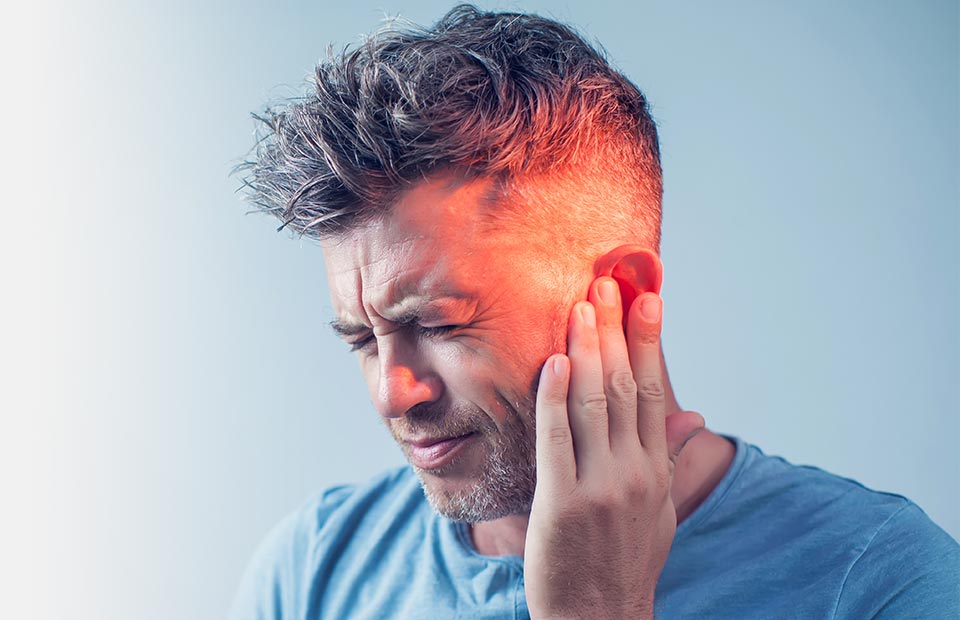Blocked ears can affect our hearing and cause ear pain and discomfort. Before we can look at what to do about it we need to figure out what is causing it!
There are three common reasons for a blocked ear.
Hardened Wax
Earwax is natural and protects our ears from dust, water and foreign objects. Our ear canals naturally push out the wax. But too much wax and it can form a plug, and dulled hearing and ear itchiness can result.
If you suspect you have impacted wax, it is best to see a GP or hearing care expert, who can have a look and might be able to remove it. You may be advised to use an earwax softener for a few days. You should not use cotton buds, which can push the wax deeper, and may leave a nasty scratch and possibly an infection. Also avoid ear candling- this method has been found to be neither safe nor effective.
Eustachian Tube Dysfunction
The Eustachian tube connects the nose and throat to a cavity behind our eardrum called the middle ear. On a plane descent, we might chew gum or yawn to equalise the air pressure between the middle ear and the cabin. Colds, sinus infections and seasonal allergies can cause the Eustachian tubes to clog up. While jaw movement (like sucking cough lollies) and showering may provide some relief, it is best to see a GP if this problem persists.
Ear Infection
A fluid build-up in the middle ear, often caused by a sinus infection, can result in an ear infection. This may lead to ear pain and muffled hearing. A visit to a GP to check if the underlying issue is viral or bacterial is advised to get the appropriate treatment. An infection can also occur in the ear canal, between the eardrum and the outer ear, causing ear pain and possibly discharge. A common cause is water trapped in the ear canal (known as swimmer’s ear), but impacted wax and an untreated scab in the ear canal can also lead to infection. Antibiotics or antifungal treatment, and perhaps a clean out from a medical professional, might be needed.
Other Medical Conditions
Other medical conditions might have ear fullness or pressure as a warning sign. If the feeling of a blockage occurs suddenly and is paired with hearing loss, seek medical intervention immediately. Other possible causes could be Meniere’s, a disorder of the inner ear also associated with dizziness, hearing loss, and ringing in the ears. A benign growth on the nerves of the ear, known as an acoustic neuroma, can be associated with aural fullness as well as hearing and balance issues. Consult your GP if the feeling of blockage is accompanied by other medical concerns.
Regular hearing health checks can help you keep on top of your hearing health. If you need assistance with your hearing health, please call us on 1800 340 631 or Live Chat with an Audika Customer Service Representative, available weekdays from 9am - 5pm (AEDST).





